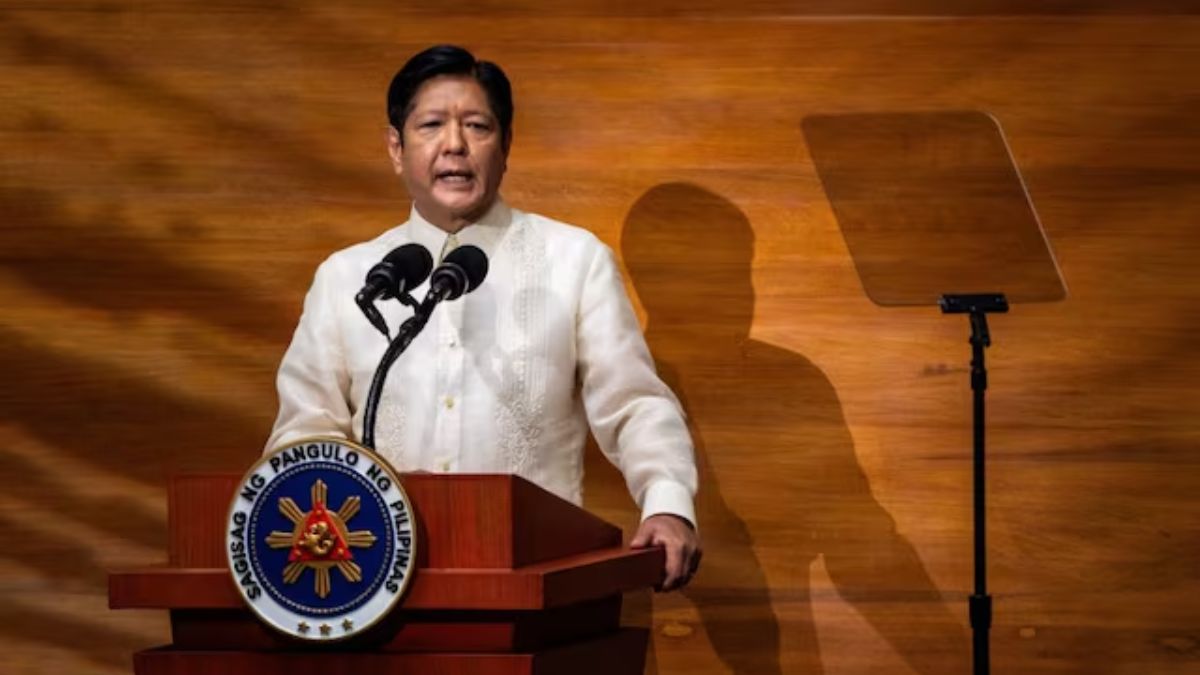Philippine President Ferdinand Marcos Jr. signed into law on Monday a bill lowering corporate income tax rates and granting more fiscal incentives to qualified companies, in a move aimed at enticing foreign investors to do business in the country.
Despite being one of Asia’s fastest-growing economies, the Philippines has been a laggard in the region in attracting foreign direct investment because of foreign ownership restrictions, high power costs and poor infrastructure.
United Nations data show $6.2 billion in foreign direct investments flowed into the Philippines last year, smaller compared to Singapore’s $159.7 billion, Indonesia’s $21.6 billion and Vietnam’s $18.5 billion.
Called the Corporate Recovery and Tax Incentives for Enterprises to Maximise Opportunities for Reinvigorating the Economy, the law lowers the income tax rates of registered business enterprises (RBEs) to 20% from 25%.
The measure, which changes and builds upon a 2021 law, allows RBEs, or companies registered with investment promotion agencies, to benefit from enhanced deductions, including a 100% additional deduction for power expenses, to help firms cope with high power costs in the Philippines.
It extends tax perks for strategic investments for up to 27 years from 17 years and clarifies the exemptions companies can claim for sales taxes. It also institutionalises the allowance for up to 50% of employees in RBEs to work from home while still keeping their incentives.
“This was a hard fought and hard won bill…,” Marcos said in a speech, adding its broad scope will help in the Philippines’ planned economic transformation.
Impact Shorts
View AllThe Philippines expects to lose 5.9 billion pesos ($100.89 million) in tax revenue from the new law from 2025 to 2028, according to a document prepared by the president’s communications office.


)
)
)
)
)
)
)
)
)



